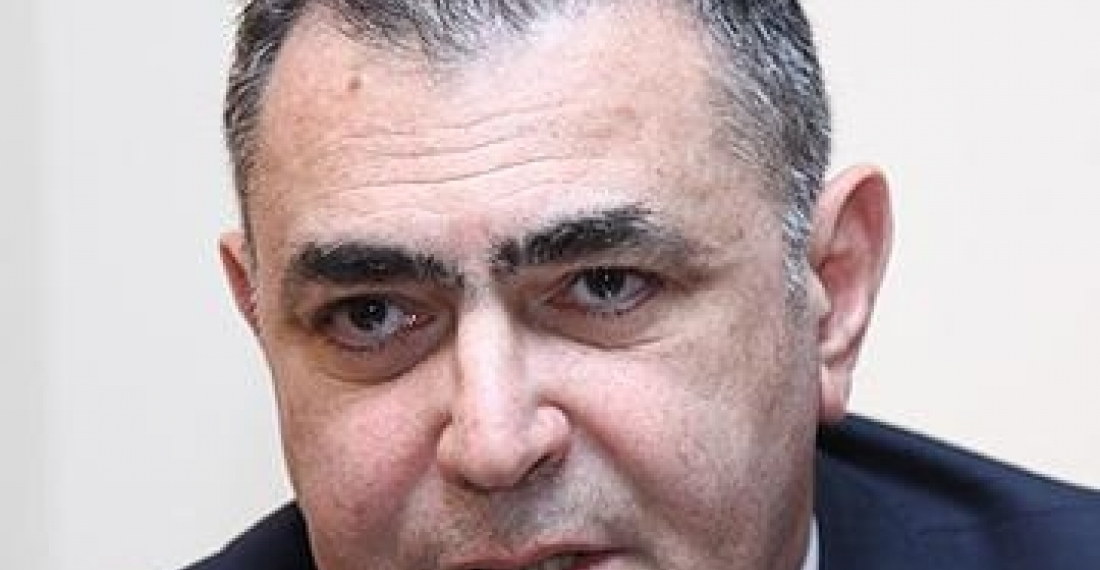News.Az interviews Dennis Sammut, executive director of the British organization LINKS.
Can we expect any significant changes in the foreign policy of Armenia after the presidential elections in Armenia?
We can expect continuity in the main thrust of Armenian foreign policy but with some nuanced changes.
Armenia will remain a close ally of Russia and will push for an increase in the role of the Collective Security Treaty Organisations (CSTO). In the economic sphere however Armenia will develop its relations with the European Union. It is likely that Armenia will sign an Association Agreement with the EU in November of this year.
The big question is Armenia’s relations with Turkey. How to manage this is Sargsyan’s biggest challenge. I do not speak about relations with Azerbaijan because this is for Armenia a much bigger issue than just foreign policy.
One of the main postulates in the election campaign of incumbent president of Armenia Serzh Sargsyan became the promise to launch the airport built in occupied Nagorno Karabakh soon. How may this step (if it would be taken) affect the situation in the region?
We have been told that the airport has been ready for nearly one year. The Armenian leadership does not want to be seen provoking a crisis so they are waiting for the right political moment to do so. I am myself in favour of opening the airport, but under some conditions, for example international supervision and solely for civilian use. There is no doubt that if the Armenian leadership acts unilaterally on the issue of the airport this will escalate an already tense situation. It should therefore be avoided.
It seems that the South Caucasus with domestic problems is not in the priority lists of American foreign policy. Moreover there is an opinion that after withdrawal NATO’s troops from Afghanistan American interests in the South Caucasus will decrease?
The United States is a superpower. It can handle multiple problems, so domestic considerations do not affect foreign policy in general, and certainly not the issues related with the South Caucasus. But a situation is emerging whereby the EU is now playing a much more active role in the region. This should not be a surprise. The South Caucasus is part of the EU neighbourhood, and also there are many issues that connect the EU with the region. As for Afghanistan the role of the region in Afghanistan is only a small part of a much bigger agenda between the countries of the region and the US, as well as the EU.
What will be with settlement of Karabakh conflict this year?
I think the fact that the Karabakh peace process is stalled makes the situation very dangerous. As a minimum we should see the restart of proper negotiations. If not the likelihood of a sharp escalation in violence is not only possible but likely. I do not necessarily mean an all out war. Between war and peace there is a big space in which many different things can happen.
What events should be expected in the South Caucasus this year?
Making predictions in the region is never a good idea, because the South Caucasus is always full of surprises. However one thing is certain the region is changing in multiple ways. Some of these changes are planned, others are more spontaneous. But I am more optimistic on the region this year than I was last year, or perhaps I should say, more cautiously optimistic.
Elshan Rustamov
News.Az







